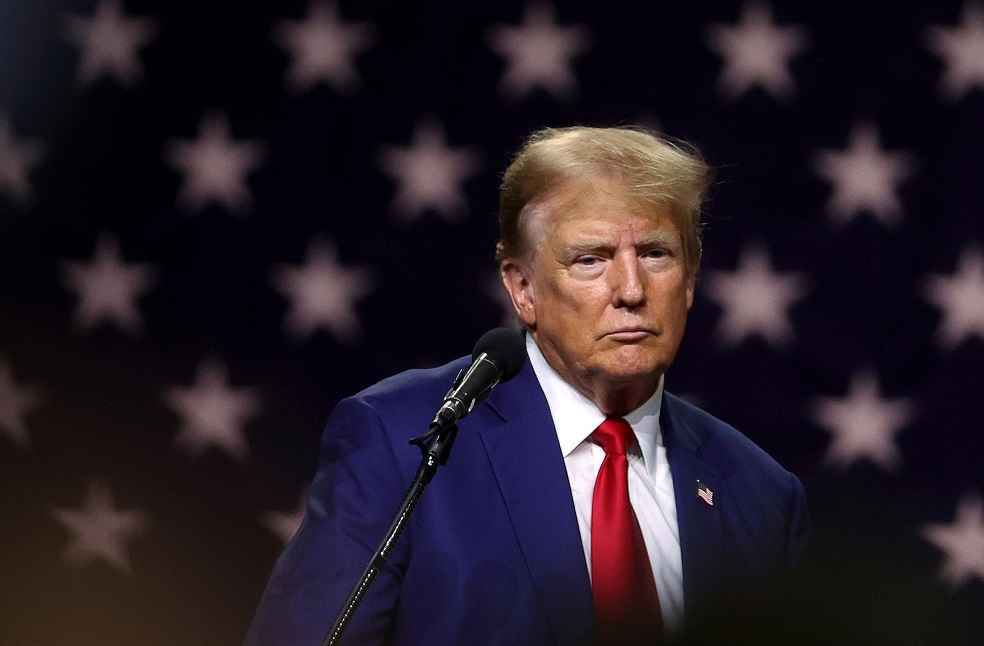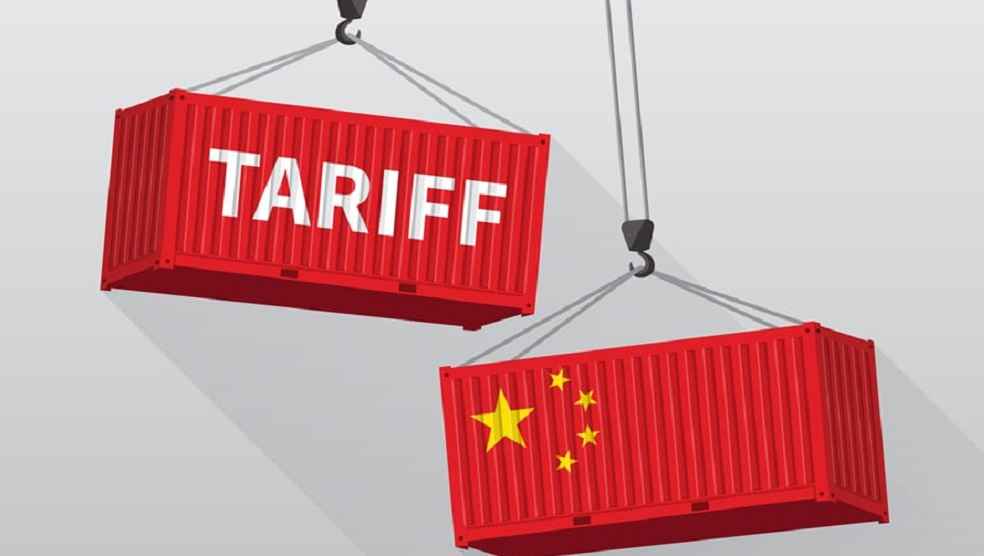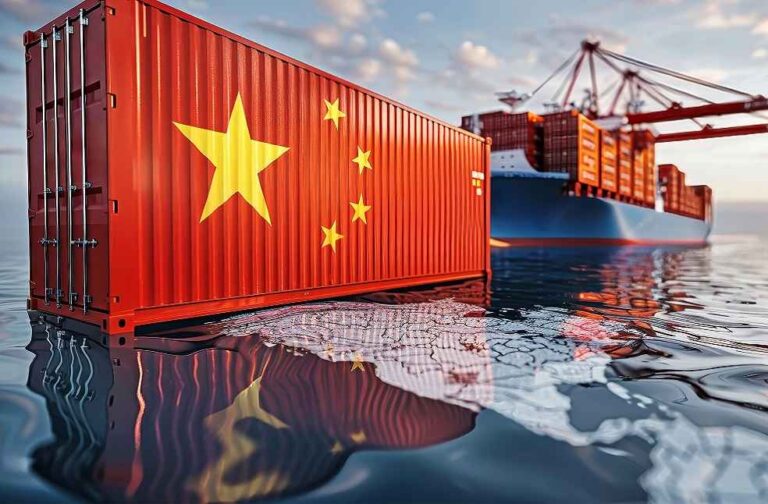Following Donald Trump’s re-election and his promise to impose steep tariffs on Chinese goods, U.S. importers are expected to accelerate imports from China to avoid price hikes before the January inauguration. This anticipated rush could temporarily boost Chinese exports, though analysts expect limited economic impact on China’s GDP in the short term.
Capital Economics estimates that substantial U.S. tariffs would have a minor effect on China’s GDP, as exporters may bypass tariffs through alternative trade routes and benefit from potential yuan depreciation. A tariff increase from 15% to 60% could reduce China’s GDP by 1.1%, with currency adjustments potentially lowering this loss to 0.7%.

Zhong Zhengsheng, Chief Economist at Ping An Securities, confirmed an expected surge in exports, citing rebounding freight rates on U.S.-bound routes. He noted that the China export container freight index stabilized and rebounded in early November.
Long-term effects of heightened tariffs could push Beijing to adjust its economic strategies. Trump’s policy to prioritize U.S. manufacturing could lead to a significant reduction in China’s exports, possibly requiring Beijing to expand its fiscal deficit or allow the yuan to depreciate to support domestic industries.

Beijing is likely to respond with targeted policies rather than aggressive retaliation, according to Xu Tianchen of The Economist Intelligence Unit, who highlighted China’s focus on maintaining its leadership in global trade. While immediate large-scale stimulus is unlikely, analysts expect the Politburo to discuss response strategies at its December meeting, potentially considering a 2-3 trillion yuan stimulus to sustain domestic demand if tariffs rise.
A 60% tariff could lead China to consider a 6-9% yuan depreciation or a fiscal deficit increase of up to 2%, according to China International Capital Corporation. The potential impacts of a new trade war include an estimated 8% drop in China’s exports and a reduction of up to 2 percentage points in economic growth, noted Macquarie Capital’s Chief China Economist Larry Hu.
TRADE WORLD | Global Demand for Nepali Tea and Coffee Rises, Exports Surge in Premium Markets



